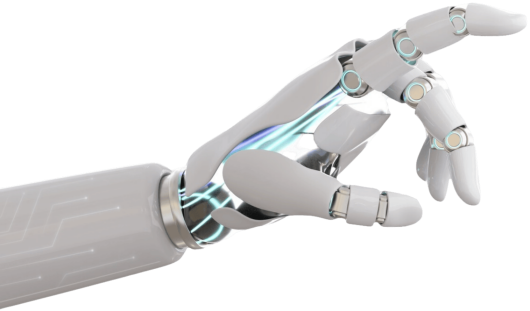
The process of DNA sequencing has nowadays become of great importance in basic biology research, as well as in various fields such as medicine, biotechnology or forensic biology. The fragment assembly problem is a very complex optimization problem that deals with sequencing of DNA, and many computational techniques including computational intelligence algorithms were designed for finding good solutions for this problem. Since DNA fragment assembly is a crucial part of any sequencing project, researchers are still focusing on developing better assemblers. We are introducing in this paper a distributed reinforcement learning based approach for solving the fragment assembly problem, an NP-complete optimization problem that attempts to reconstruct the original DNA sequence from a large number of fragments, each several hundred base-pairs long. Our model is based on a distributed Q-learning approach. The experimental evaluation of the proposed system has provided encouraging results, indicating the potential of our proposal. The advantages and drawbacks of the proposed approach are also emphasized.
Bioinformatics, distributed reinforcement learning, DNA fragment assembly.
Maria-Iuliana Bocicor, Gabriela Czibula, István Gergely Czibula, "A Distributed Q-Learning Approach to Fragment Assembly", Studies in Informatics and Control, ISSN 1220-1766, vol. 20(3), pp. 221-232, 2011. https://doi.org/10.24846/v20i3y201103